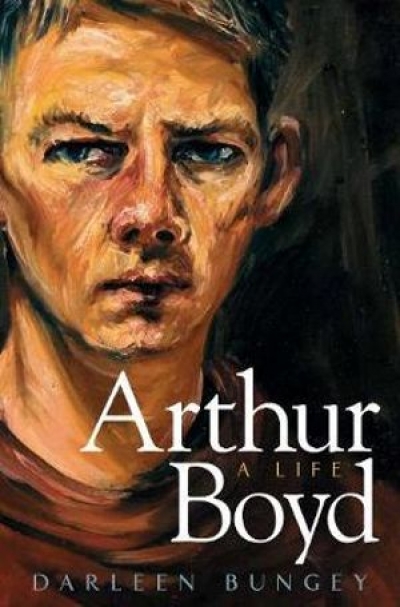Archive
Australian Dictionary of Biography Vol. 17, 1981–1990, A–K edited by Diane Langmore
by Geoffrey Blainey •
During a lull in the fiercest weather event the south-east of the continent has seen in thirty years – we call them ‘events’ these days, as though someone’s putting them on – I went out on a Sunday morning and bought myself a book.
I should tell you that we live on an acre in the country one hundred and t ...
A Companion to Australian Literature Since 1900 edited by Nicholas Birns and Rebecca McNeer
by Peter Pierce •
Exit Right by Judith Brett & Poll Dancing by Mungo MacCallum
by Patrick Allington •









